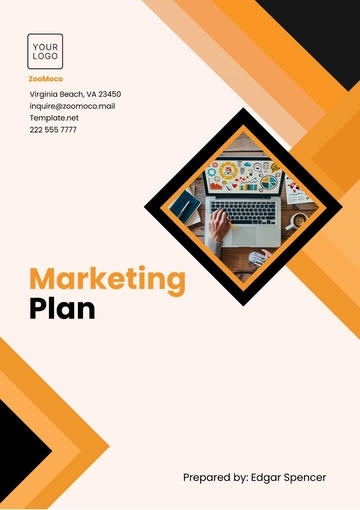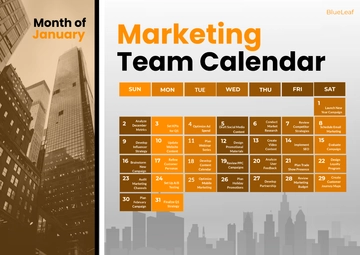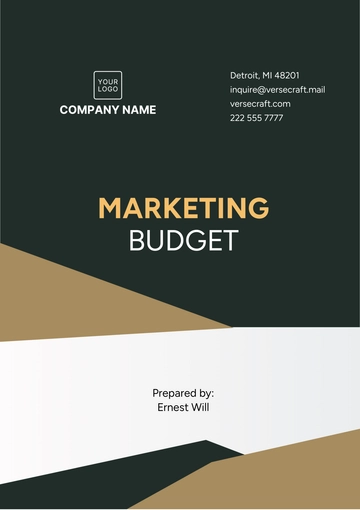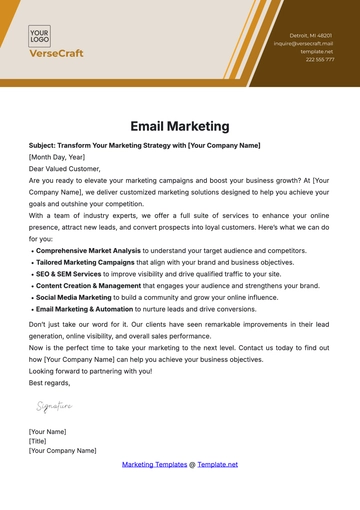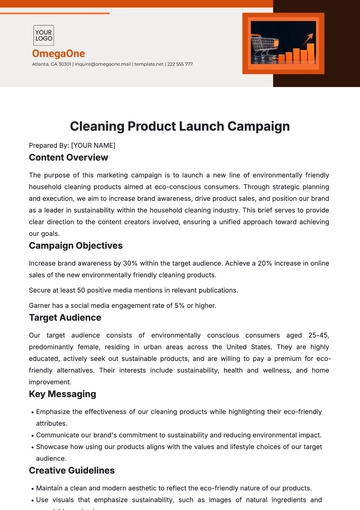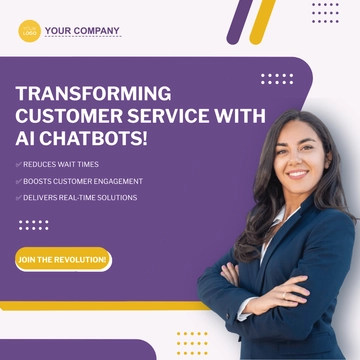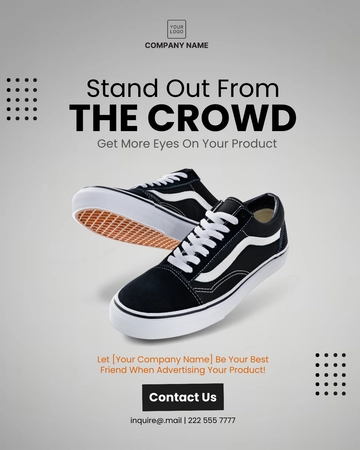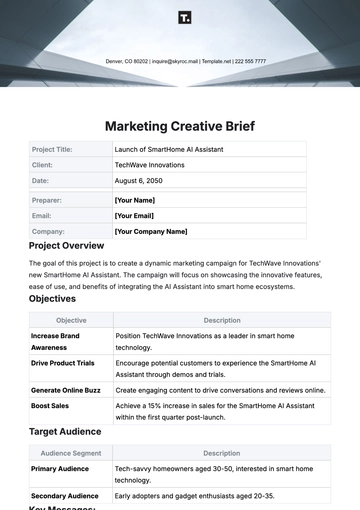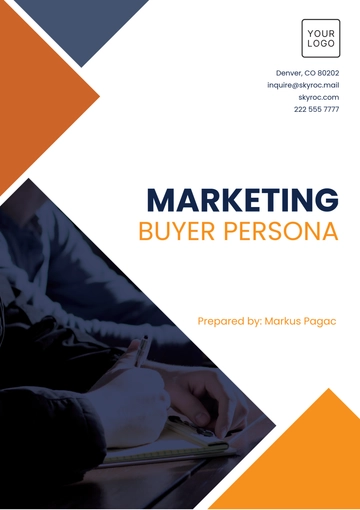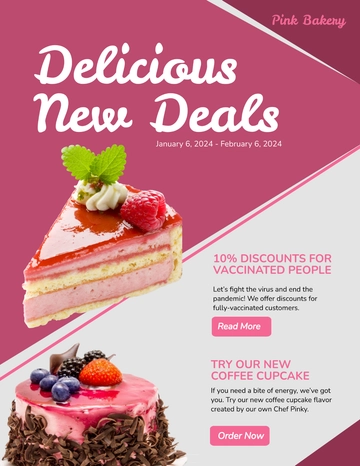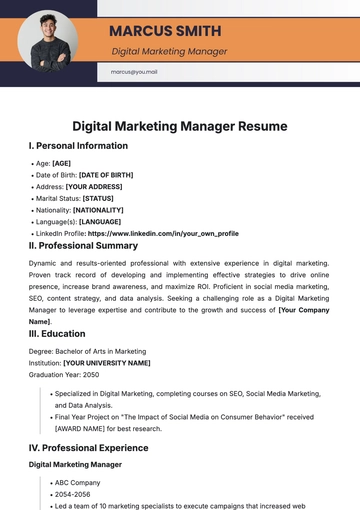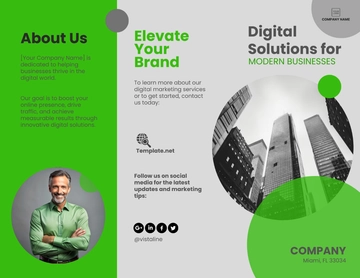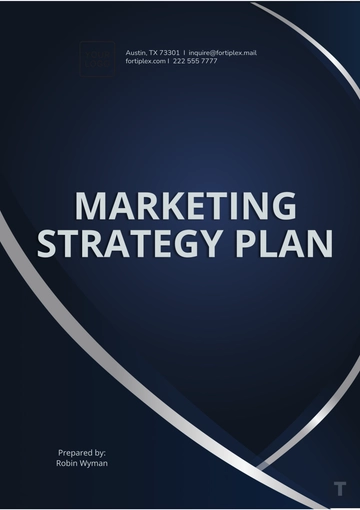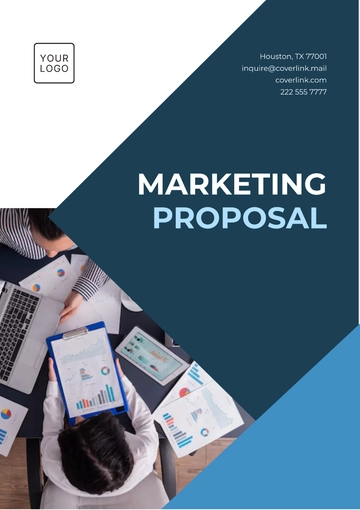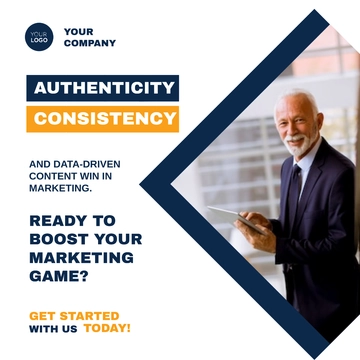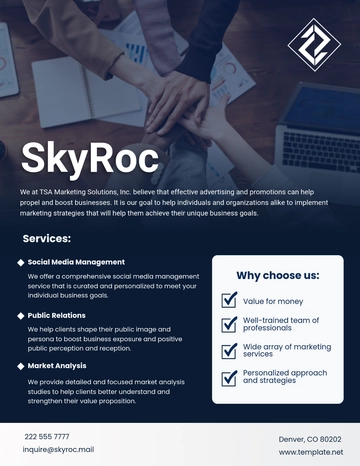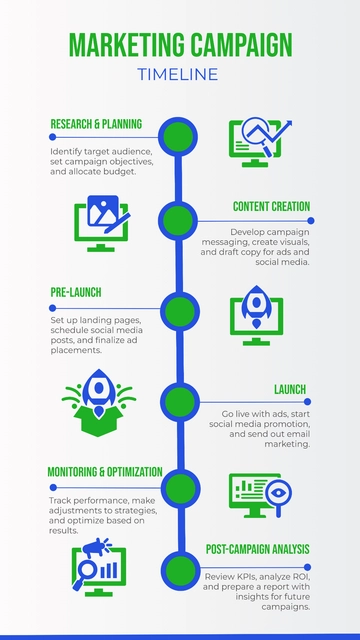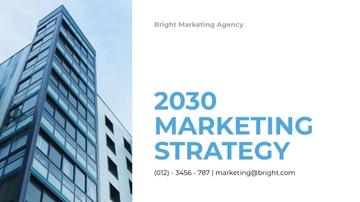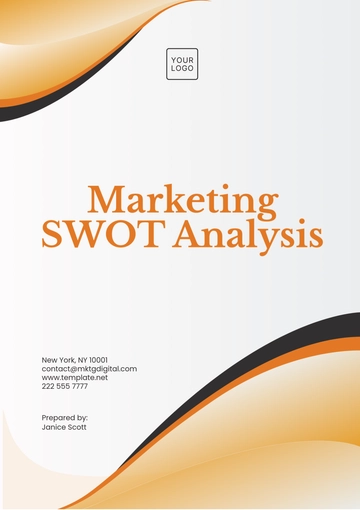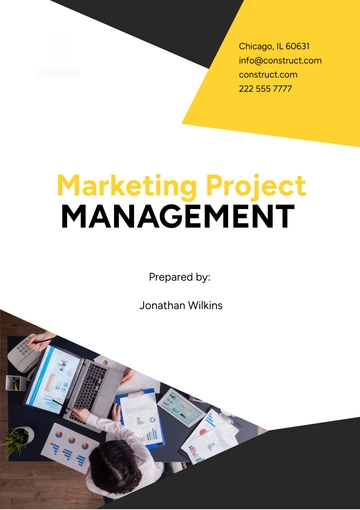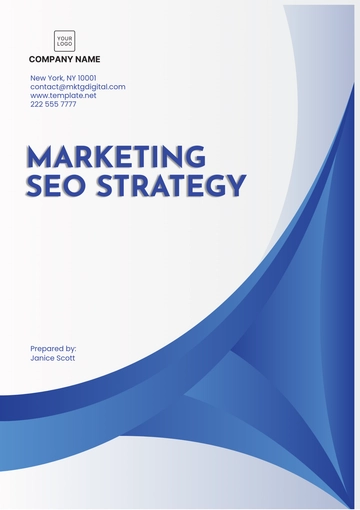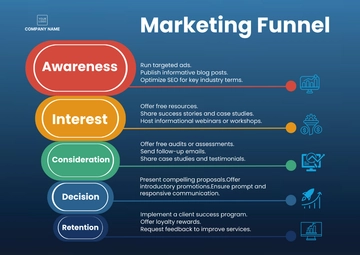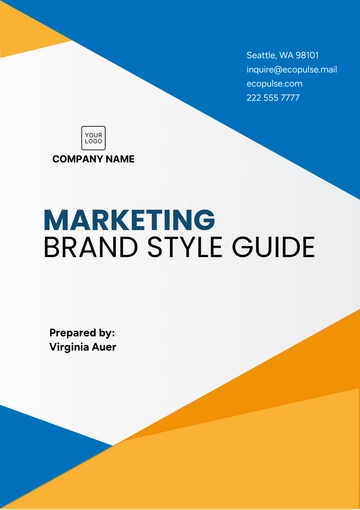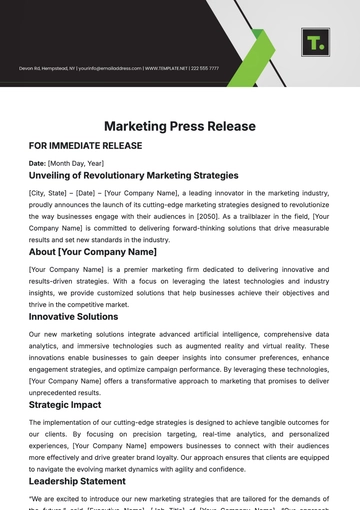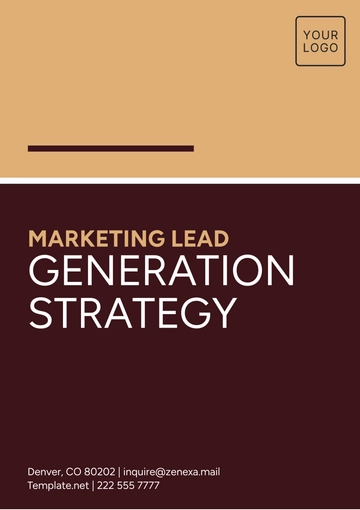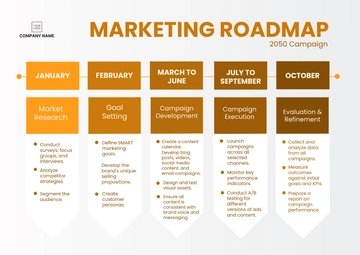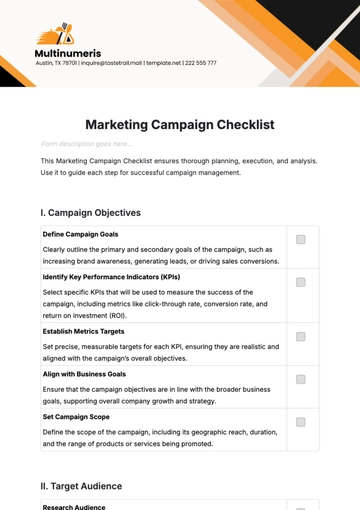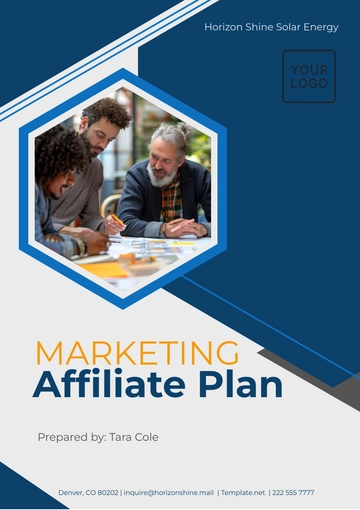Free Marketing Content Strategy for Event Promotions
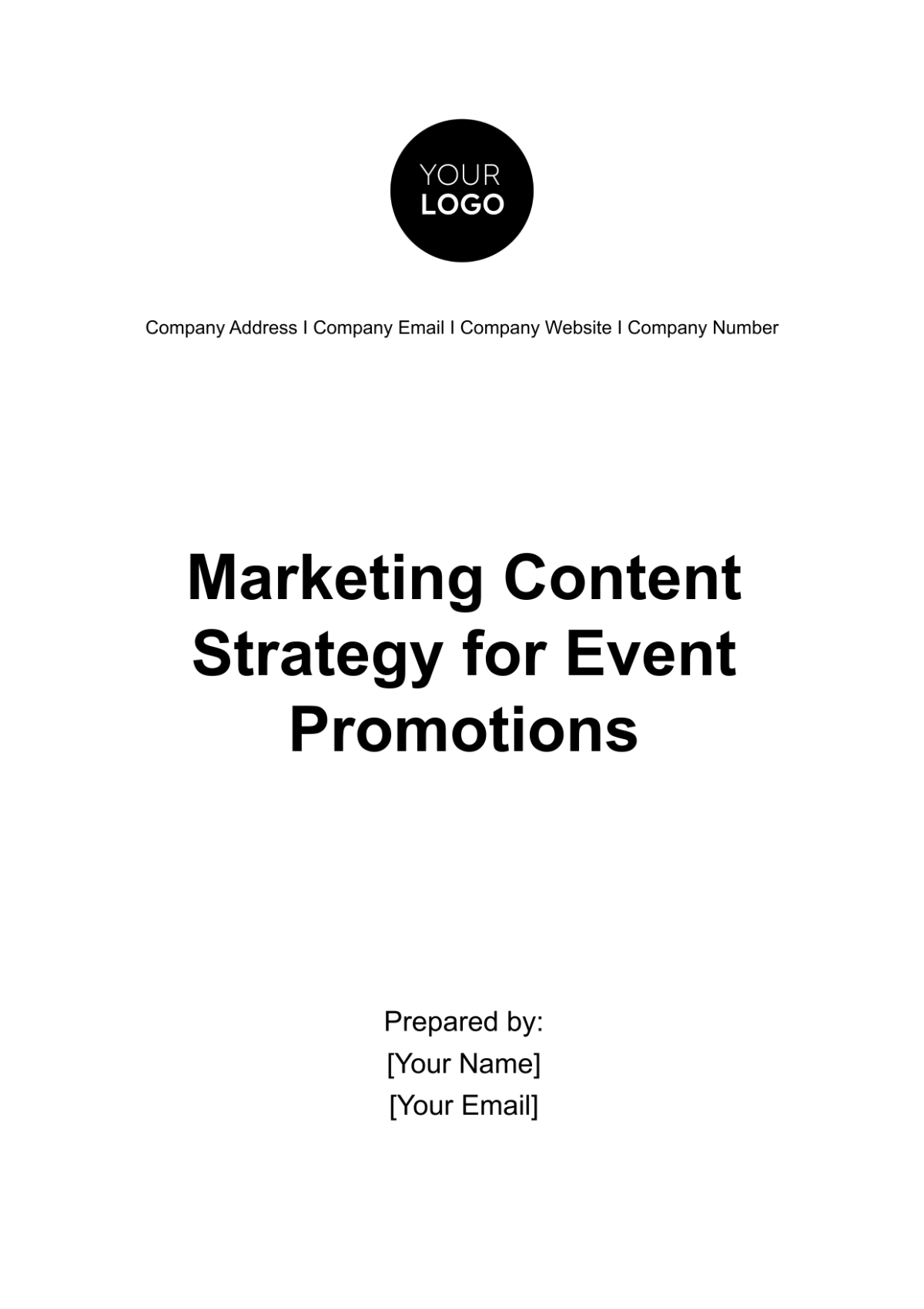
Introduction
A. Purpose of the Marketing Content Strategy
The purpose of this Marketing Content Strategy is to provide a comprehensive plan for promoting your upcoming events effectively. Our primary goal is to establish a clear roadmap that will guide the creation, distribution, and assessment of all marketing content related to your event promotions. By doing so, we aim to achieve several key objectives:
Enhance Event Visibility: Through strategic content creation and promotion, we intend to significantly enhance the visibility of your events in the target market. This means ensuring that potential attendees are not only aware of your events but are also excited about them.
Audience Engagement: The strategy aims to foster meaningful engagement with your audience. We recognize that simply reaching your target demographic is not enough; we want to capture their attention, encourage them to interact with your content, and ultimately convert their interest into event attendance.
Consistency and Branding: Consistency in messaging and branding is essential for building trust and recognition. This strategy will lay out guidelines for maintaining a cohesive brand image and tone throughout all marketing materials.
Measurable Outcomes: We will establish key performance indicators (KPIs) that allow us to quantitatively measure the success of our marketing efforts. These KPIs will include metrics like event attendance, social media engagement, and email open rates.
Scope and Objectives
A. Scope
This strategy encompasses all aspects of content creation and promotion for your event, from the initial planning stages to post-event evaluation. It will provide a comprehensive framework that will be followed throughout the entire event promotion cycle.
B. Objectives
Increase Event Attendance by 60%: We are aiming for a substantial increase in event attendance compared to previous events.
Boost Brand Visibility and Awareness: Beyond promoting individual events, this strategy will also focus on elevating your brand's overall visibility and recognition within your target market.
Engage the Audience: We intend to engage the audience in a meaningful way, creating a sense of excitement and anticipation around your events.
Measure and Optimize: Regular data collection and analysis will be a core component of this strategy.
Audience Analysis
A. Target Audience Demographics
In order to craft content that resonates with your audience, we must first understand who they are. Our target audience for event promotions primarily consists of individuals aged 25 to 45. They are predominantly urban dwellers with diverse income levels and varied interests related to [Event Category]. Here is a more detailed breakdown:
Age: Our primary target demographic falls between the ages of 25 and 45, representing a broad range of life stages and interests.
Location: Urban areas will be our primary focus, given the concentration of potential attendees in these regions.
Income Levels: Our audience exhibits a range of income levels, allowing for both premium and value-based event offerings.
Interests: Our audience has shown interest in [Event Category], indicating a readiness to engage with our content.
B. Audience Needs and Preferences
Understanding the needs and preferences of our audience is crucial for tailoring our content effectively. Our research has revealed several key insights into what resonates with your audience:
Informative Content: The audience values informative content that provides insights, tips, and recommendations related to [Event Category]. They seek to learn and make informed decisions.
Entertainment Value: While informational content is appreciated, there is also a desire for entertainment value. Content that adds an element of fun and excitement is likely to resonate.
Personalization: Your audience responds positively to personalized event recommendations and content that acknowledges their interests and preferences.
Preferred Platforms: Based on our analysis, we have identified that your audience predominantly engages with content on social media platforms, making them a primary focus for content distribution.
By recognizing these characteristics and preferences, we can tailor our content strategy to align with the needs and expectations of our target audience, increasing the likelihood of successful event promotions.
Market Research
A. Industry Trends and Insights
Staying current with industry trends and insights is essential for crafting an effective marketing content strategy. For your event promotions, we will conduct thorough research to identify the latest trends and insights within the [Event Category]. Here's a deeper dive into this aspect:
Consumer Behavior: We will analyze the evolving behavior of potential event attendees within your target market. This includes how they discover events, make event-related decisions, and engage with event content.
Emerging Technologies: As the event promotion landscape evolves, we will keep a close eye on emerging technologies. This could include the integration of augmented reality (AR), virtual reality (VR), or immersive experiences to enhance event promotions.
Cultural Relevance: We will assess cultural factors that may impact event preferences. Understanding cultural shifts and sensitivities will allow us to create content that resonates and avoids any potential pitfalls.
Sustainability Trends: Sustainability is a growing concern among consumers. We will explore opportunities to align your events with eco-friendly initiatives and communicate these efforts effectively in your content.
Competitor Analysis
Analyzing your competitors within the [Event Category] space provides valuable insights and opportunities to differentiate your events. Here's how we will approach competitor analysis:
Identifying Key Competitors: We will identify and assess your primary competitors in the event industry. This includes established event organizers and emerging players.
Strengths and Weaknesses: We will evaluate the strengths and weaknesses of competitors' event promotions. This analysis will help us identify areas where your events can outperform the competition.
Gap Analysis: By identifying gaps in competitor strategies, we can seize opportunities to offer unique features and experiences. This may include exclusive partnerships, innovative event formats, or creative marketing approaches.
Benchmarking: We will benchmark your event promotions against industry leaders and best practices, ensuring that your strategy is on par with or surpasses established standards.
Customer Feedback: Analyzing customer feedback, reviews, and sentiment related to your competitors will provide insights into audience expectations and pain points. This information will guide our content strategy to address these needs effectively.
Brand Messaging
A. Unique Selling Proposition (USP)
Your Unique Selling Proposition (USP) serves as the foundation of your brand's identity and will be a central theme in your event promotions. Here's an in-depth look at your USP:
Innovative [Event Feature]: Your USP centers around the innovative and unique feature of your events. Whether it's an exclusive guest speaker, cutting-edge technology, or a one-of-a-kind experience, this feature will set your events apart from the competition.
Value Proposition: We will articulate the clear value that attendees will gain by participating in your events. This could be in the form of knowledge, entertainment, networking opportunities, or memorable experiences.
Consistency: Your USP will be consistently integrated into all marketing content and messaging, reinforcing the idea that your events offer something truly special.
B. Key Brand Messages
In addition to your USP, key brand messages will play a vital role in your event promotions. These messages will shape how your brand is perceived and communicate its core values and promises. Here are the key brand messages we will emphasize:
Quality Entertainment: We will emphasize the high-quality entertainment and experiences your events consistently deliver. This message assures potential attendees that their time and investment will be well-spent.
Memorable Experiences: Highlighting the creation of memorable and unforgettable experiences will resonate with your target audience. People attend events not just for the content but for the lasting memories they can create.
Community and Networking: Emphasizing the opportunity for networking and building connections at your events will appeal to professionals and individuals seeking to expand their social and professional circles.
[Additional Key Messages]: Depending on the specific focus of your events, we will develop additional key messages that align with your brand and resonate with your audience. These messages will be crafted to address the unique aspects of each event within your portfolio.
Content Channels
A. Selection of Marketing Channels
Selecting the right marketing channels is crucial for effectively reaching and engaging your target audience. We have identified the following key marketing channels for your event promotions:
Social Media Platforms: Utilizing platforms such as Facebook, Instagram, Twitter, and LinkedIn to create a strong online presence. These platforms are excellent for visual content, event updates, and audience engagement.
Email Marketing: Crafting engaging email campaigns to reach a more segmented audience, providing personalized event recommendations, and delivering exclusive offers.
Website and Blog: Maintaining an informative website with a dedicated blog section to publish in-depth content related to your events, industry insights, and event-related news.
Event Listing Websites: Leveraging event listing platforms to ensure your events reach a broader audience actively seeking event opportunities in your category.
Paid Advertising: Investing in paid advertising on social media and search engines to boost event visibility among targeted demographics.
Influencer Partnerships: Collaborating with influencers or industry experts who align with your brand and events to promote them to their engaged followers.
Channel-Specific Strategies
Each marketing channel requires a tailored strategy to maximize its effectiveness. Here's an overview of our approach for each channel:
A. Social Media Platforms
Facebook: Regular event updates, interactive polls, and live Q&A sessions to engage the audience.
Instagram: Visual content, including teaser videos, event posters, and behind-the-scenes glimpses.
Twitter: Real-time event updates, countdown tweets, and engagement with event-related hashtags.
LinkedIn: Professional event promotions, sharing industry insights, and targeting corporate audiences.
B. Email Marketing
Segmentation: Segmentation of your email list based on attendee preferences, ensuring that event recommendations and offers are highly relevant to each recipient.
Engagement Series: Implementing a series of engaging emails leading up to the event, including event announcements, speaker profiles, and exclusive offers.
Personalization: Personalized email content addressing recipients by name and highlighting their previous event attendance or interests.
C. Website and Blog
Event Landing Pages: Creating dedicated event landing pages on your website with detailed event descriptions, registration information, and clear calls-to-action.
Blog Posts: Publishing informative blog posts related to event topics, industry trends, and event success stories.
SEO Optimization: Ensuring that website and blog content is optimized for search engines to increase organic traffic.
D. Event Listing Websites
Comprehensive Listings: Creating detailed event listings with captivating descriptions, eye-catching visuals, and easy registration links.
Regular Updates: Keeping event listings up to date with the latest information and any changes or additions.
E. Paid Advertising
Targeted Campaigns: Creating highly targeted ad campaigns on social media and search engines to reach the most relevant audience segments.
A/B Testing: Conducting A/B testing of ad creatives and copy to optimize ad performance.
Budget Allocation: Strategically allocating the budget to the most effective ad channels based on performance metrics.
F. Influencer Partnerships
Identifying Influencers: Carefully selecting influencers or industry experts whose values align with your brand and events.
Collaborative Content: Co-creating content with influencers, such as event previews, reviews, or endorsements.
Engagement: Encouraging influencers to engage with their followers through live streams, Q&A sessions, or giveaways related to your events.
Content Calendar
A. Event Promotion Timeline
The event promotion timeline is a critical component of our strategy, ensuring that content is distributed strategically and consistently. Here's an overview of the event promotion phases:
Phase | Timeline | Key Activities |
Pre-Event Phase | 3 months before the event | - Teaser campaigns - Speaker introductions - Early bird registration promotions |
Countdown Phase | 2 weeks before the event | - Daily countdown posts - Highlighting event features - Last-minute ticket promotions |
Event Week | During the event week | - Live coverage and updates - Attendee interactions - Exclusive behind-the-scenes content |
Post-Event Phase | After the event | - Event recap and highlights - Thank-you messages to attendees - Announcing future events |
B. Content Publishing Schedule
Our content publishing schedule will ensure that the right content is delivered at the right time through the selected channels. It will be flexible enough to accommodate changes and real-time engagement while maintaining consistency. Here's a sample content calendar:
Date | Content Type | Channel | Description |
[Date] | Teaser Video | A short video teasing event highlights. | |
[Date] | Blog Post | Website | An in-depth blog post about the event topic. |
[Date] | Email Announcement | Email Marketing | Announcing event details to the email list. |
[Date] | Social Media Poll | Engaging the audience with poll questions. | |
[Date] | Influencer Collaboration | A post from an influencer promoting the event. | |
[Date] | Event Reminder Email | Email Marketing | Reminding subscribers about the upcoming event. |
Conclusion
In conclusion, this Marketing Content Strategy serves as a comprehensive and strategic roadmap for promoting your upcoming events. It encompasses various facets of content creation and distribution, designed to achieve our defined objectives.
With this Marketing Content Strategy in place, the next steps are to execute the plan and monitor its performance closely. Regular data collection and analysis will provide valuable insights, allowing us to make data-driven adjustments to maximize the strategy's effectiveness.
Our team at [Your Company Name] is ready to implement this strategy and work closely with you to ensure its success. We are committed to achieving the defined objectives, enhancing brand visibility, and delivering memorable event experiences to your audience.
For any questions or further discussions, please feel free to reach out to:
[Your Name]
[Your Email]
[Your Company Name]
[Your Company Email]
[Your Company Address]
[Your Company Number]
[Your Company Website]
[Your Company Social Media]
- 100% Customizable, free editor
- Access 1 Million+ Templates, photo’s & graphics
- Download or share as a template
- Click and replace photos, graphics, text, backgrounds
- Resize, crop, AI write & more
- Access advanced editor
Craft compelling event promotions effortlessly with Template.net's Marketing Content Strategy for Event Promotions template. Tailored for seamless customization, this editable resource empowers you to create captivating campaigns with ease. Unlock your creativity with our Ai Editor Tool, ensuring your promotions are unique and impactful. Elevate your marketing game with this versatile tool today.
You may also like
- Marketing Google Slide
- Marketing Letter
- Marketing Quotation
- Marketing Report
- Marketing Strategic Plan
- Marketing Plan
- Marketing Proposal
- Marketing Flyer
- Marketing Presentation
- Real Estate Marketing Plan
- Marketing Contract
- Marketing Agreement
- Marketing Resume
- Marketing Checklist
- Marketing Brochure
- Marketing Banner
- Marketing Schedule
- Marketing Vector
- Marketing Logo
- Marketing Chart
- Marketing Campaign Plan
- Marketing Budget
- Marketing Postcard
- Marketing Poster
- Marketing Facebook Post
- Marketing Instagram Post
- Marketing Newsletter
- Marketing Infographic
